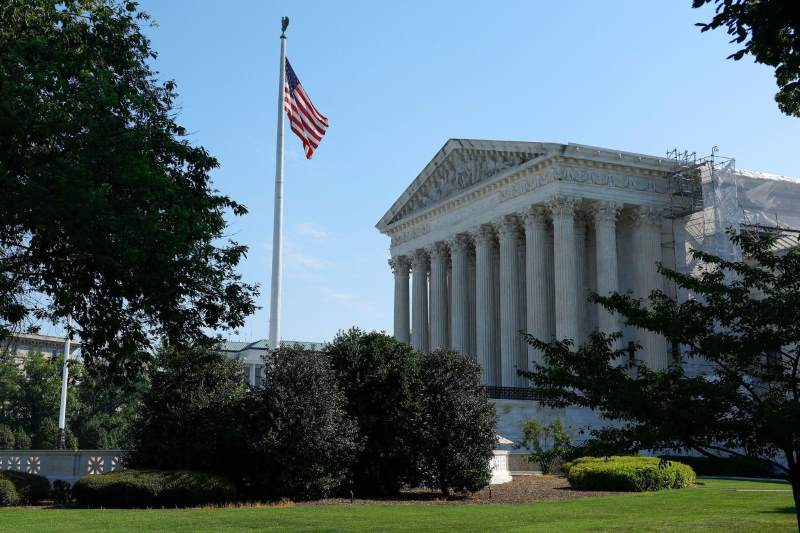Economy
Supreme Court Limits SEC’s Authority Over Fraud Cases
Supreme Court Limits SEC’s authority to prosecute securities-fraud cases within its own administrative tribunals in a landmark ruling. The decision, titled U.S. Securities and Exchange Commission vs. Jarkesy, underscores the court’s interpretation that defendants accused of fraud are entitled to a jury trial in federal court, protected under the Seventh Amendment of the U.S. Constitution. Chief Justice John Roberts authored the opinion, supported by the court’s conservative majority.
Implications for Federal Agencies
Since the enactment of the Dodd-Frank Act in 2010, which initially expanded the SEC’s authority to adjudicate fraud cases internally, the agency has handled numerous such cases. This ruling could potentially restrict other federal agencies from imposing penalties in cases akin to traditional court matters.
The Dodd-Frank Act empowered the SEC but may limit other agencies’ penalty imposition; implications are significant, Barron’s Print Edition said.
Background of the Case
The case originated when the SEC brought fraud charges against George Jarkesy, Jr., a hedge fund manager and conservative talk-show host. The SEC had fined Jarkesy $300,000 in 2014 through its administrative judge, accusing him of misleading investors and concealing losses.
Diverse Judicial Opinions
Justice Neil Gorsuch, supporting the majority, highlighted that the ruling returns the SEC’s enforcement procedures to their pre-Dodd-Frank standards. However, dissenting Justice Sonia Sotomayor cautioned that such decisions could significantly disrupt federal agency operations.

European Union Imposes Tariffs on Chinese Electric Vehicles
On Wednesday, the European Union announced a new set of tariffs targeting Chinese electric vehicle manufacturers…
Broader Legal Landscape
The decision marks a pivotal moment in the ongoing debate over administrative versus judicial authority, impacting how federal agencies enforce civil penalties. It sets a precedent likely to influence future interpretations of agency powers under federal law.
Future Implications
Legal experts foresee continued challenges ahead and anticipate potential legislative responses aimed at preserving administrative penalties as an effective enforcement mechanism for federal agencies. As regulatory landscapes evolve, ensuring the efficacy and legality of these penalties remains a focal point, prompting ongoing legal scrutiny and the need for adaptive legislative measures to uphold their enforceability.
Continued Legal Developments
The Supreme Court is currently deliberating on cases that could reshape administrative law and judicial oversight. Key issues include the Chevron doctrine and statutory interpretation. These decisions may significantly impact federal agency operations and legal standards.
This ruling sets the stage for continued legal scrutiny and potential legislative adjustments in the realm of federal agency authority.
Subscribe now for a 77% discount on a 5-year digital news bundle, including Financial Times and The New York Times. Enjoy unlimited access to NYTimes content, cooking, crosswords, Economist Epaper, and insights from economists like Paul Krugman. Stay informed with 24/7 access to Financial Times’ Premium Subscription.

